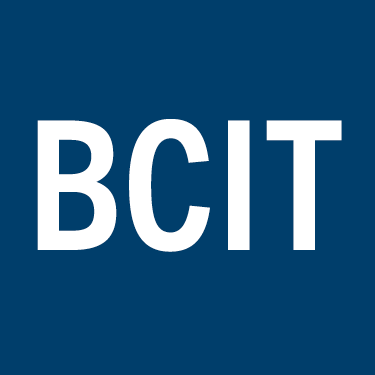Looking for a flexible, part-time way to learn the skills of financial planning? BCIT’s associate certificate program gives you hands-on, applied learning for the essential skills of finance and investment.

Overview:
Looking for a flexible, part-time way to learn the skills of financial planning? BCIT’s associate certificate program gives you hands-on, applied learning for the essential skills of finance and investment.
Whether you’re new to the industry and hoping to start an exciting career, or if you’re already working in financial planning and hoping to further your skills, clients, and income, this part-time program gives you just the skills you need.
About the program:
Part-time, on-campus
8-course program to Associate Certificate
4-course option to write CFP certification exam
To learn more about what the associate certificate program can do for you, see the Program Details.
Who should complete the Associate Certificate in Financial Planning?
Earning your associate certificate can expand your career options and skills. This program may be of benefit to you if any of the following apply:
You work as a financial planner and are looking to improve your skills
You work in a bank that wants a Certified Financial Planner (CFP) to gain credibility and meet current hiring standards and Financial Planner (FP) regulations
You are new to the financial industry and are looking to quickly earn the skills to begin working in an entry-level position
You are working, but looking to change careers with part-time study
Have an interest in financial planning and investment and want to learn more before dedicating yourself to a full diploma or bachelor’s program
What grads can do:
Graduates of the program who already work in the field hold more credibility than previously and often move on to gaining more and larger clients, which translates into more income.
Students who begin the program with no previous experience can expect to be qualified for entry-level positions across the country starting at $30-35,000 plus commissions.
Additionally, many graduates of the program may continue their studies to earn a diploma or bachelor’s degree to enhance their skills, open even more job prospects, and increase their earning and promotion potential.
Since 1964, the British Columbia Institute of Technology (BCIT) has taught and trained experts, professionals, and innovators who shape our economy—across BC and around the world. We are proud to deliver an education that goes beyond textbooks and classrooms.
Our students gain the technical skills, real-world experience, and problem-solving ability needed to embrace complexity and lead innovation in a rapidly changing workforce.
Through close collaboration with industry, our network of alumni and partners continue to achieve global success. Our leadership empowers our people and guides us toward our goals.
We have a shared vision:
A strategy to drive us from our origins through to the future. The decisions we make and policies we implement help us achieve this vision.
© 2025 coursetakers.com All Rights Reserved. Terms and Conditions of use | Privacy Policy